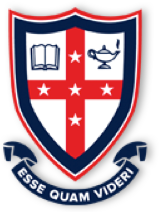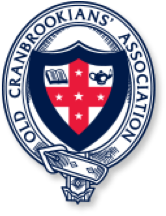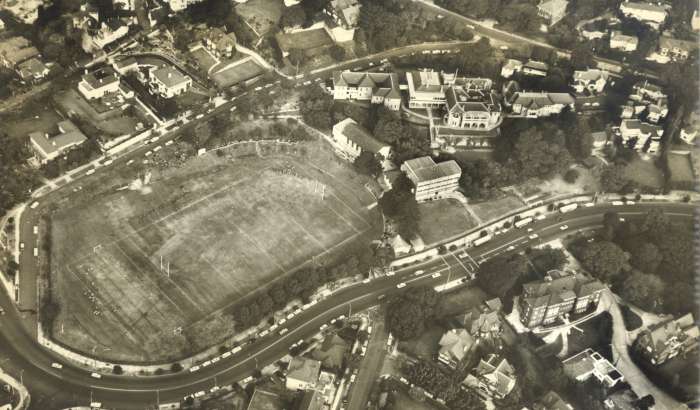Mark Bishop OBE, Headmaster, 1963–1985
Mark Bishop OBE was the longest serving Headmaster of Cranbrook, having held the position for 22 years from 1963 to 1985. He had been at Cranbrook even longer, arriving in 1946 when then-Headmaster Brian Hone appointed him to oversee General Science in the Senior School.
Bishop had not always intended to be a teacher. His aim was to be a research scientist as his father was, and he had gained a Bachelor of Science (Honours) in Organic Chemistry at the University of Sydney. Following university, he had worked as an industrial chemist for a soap manufacturer. It must have not entirely suited him, however, as one year later, he was settling down to teaching at Cranbrook.
Perhaps it was that Bishop was influenced as much by his mother’s vocation as he was by his father’s, as his mother too was a teacher. Bishop once reflected that his family influences had been formative: with “a teacher mother, a research scientist father, a headmaster grandfather, and a headmaster uncle[,] I grew up knowing that if I asked questions there would be someone there to answer them."1 This formidable lineage had put the combination of both schooling and science into his blood.
He had been interviewed for the position by Headmaster Brian Hone from Hone's sickbed, in a bedroom that one day would be his own; little did he know it then. Mentored in his teaching career by Hone, Bishop spent his early years at Cranbrook gaining a wide range of experience, including taking a sabbatical to teach at Marlborough College in England for two years on Hone's advice.
When Bishop later took over the position of Headmaster in 1963, he inherited a successful school with around 850 students. By the time he retired in 1985, it had grown in prosperity and enrolments, with around 1,300 pupils. In those years, he had overseen the opening of a new Senior School teaching facility, the purchase and conversion of Cotway (a family residence adjacent to the Senior School campus) to a boarding house for Junior School students, and the selection of high quality teaching staff including female teachers, many of whom went on to hold leadership positions in the school.2
Like other headmasters before him, Bishop was remembered for being stern but respected. But he also placed great store in building a relationship with his students. On his retirement, he remarked that “[a]ll I’ve done my whole career is try not to muck kids up, thereby conveying the impression that you’re on their side”.3
Although methods of education advanced considerably during his time at Cranbrook, Bishop remained consistent with the approach of his predecessors, seeing his and the school’s role as setting standards. But he introduced a style of tolerance to this mission that was all his own. A head prefect remembered in 1980 being handed a clay pot from Bishop’s desk, and being told that this was Bishop’s “greatest educational achievement”. The Headmaster then explained that the pot had been made by a student with severe learning difficulties, who others believed was capable of achieving very little: “To Mark Bishop, the lump of clay represented the triumph of the human spirit”.4


